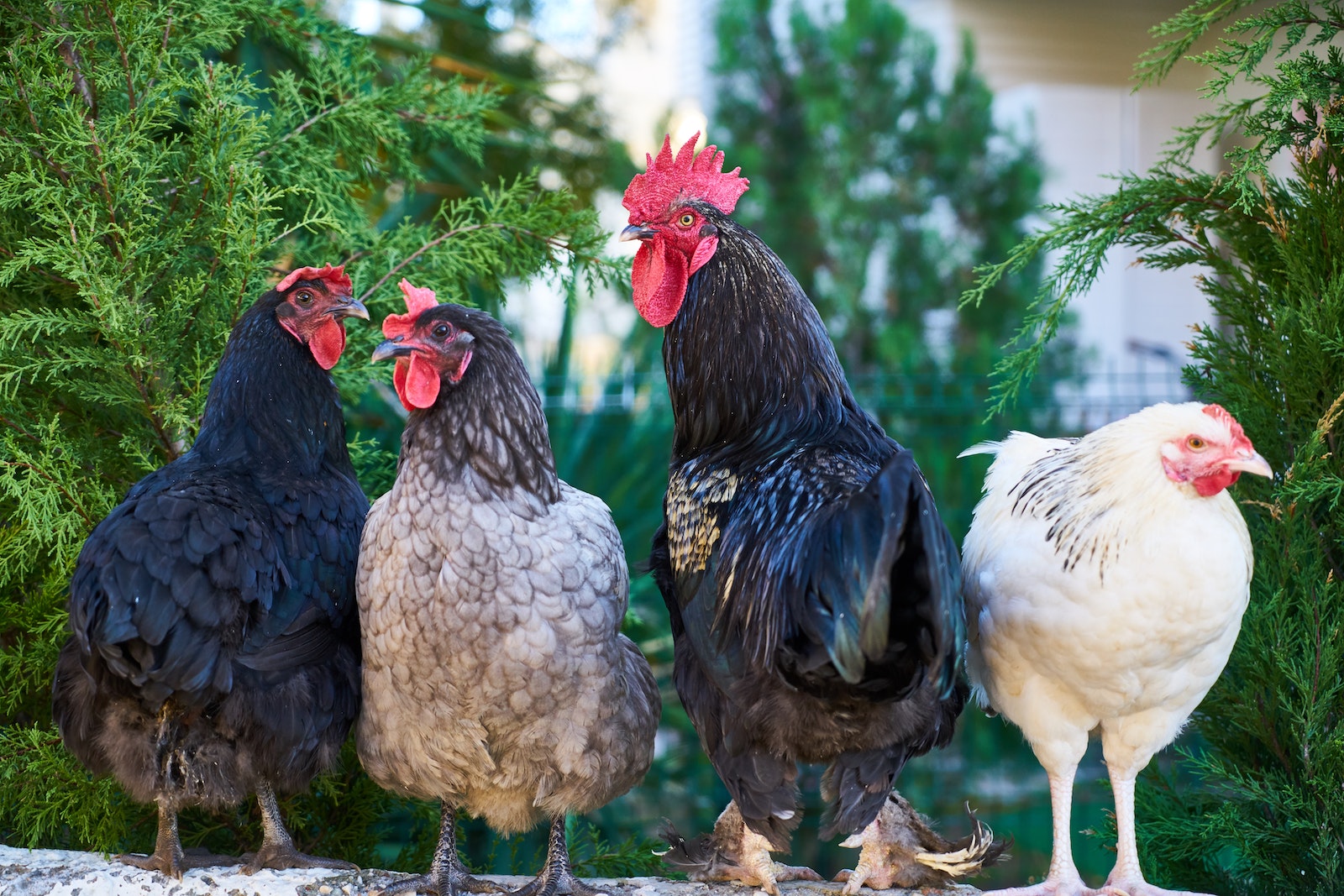Are you considering keeping indoor pet chickens but worried about the challenges of maintaining a clean home? Don’t fret! We’ve covered you with valuable tips to help you successfully manage this situation.
Now, you might be thinking, ‘Chickens indoors? Won’t that create a mess?’ We understand your concerns, but you can have the best of both worlds with the right strategies – happy chickens and clean home.
This article will provide expert advice on waste management solutions, creating a safe environment, and establishing a routine for your indoor pet chickens. From using diapers and waterproof blankets to containing messes with non-tippable bowls and trays underneath, we’ll guide you through every step.
Additionally, we’ll share tips on entertainment alternatives to keep your chickens engaged and the importance of proper medical care.
So, if you’re ready to embark on this unique and rewarding journey of keeping indoor pet chickens, join us as we delve into the world of chicken-friendly homes and learn how to create a space where you and your feathery friends can thrive.
Tips for Waste Management
If you want to keep your home clean while having indoor pet chickens, you should consider using disposable diapers, puppy pads, or waterproof blankets as multiple solutions for waste management. Make sure to choose the option that suits you best.
Disposable diapers are convenient, as they can easily be changed and disposed of when soiled.
Puppy pads provide an absorbent surface for the chickens to relieve themselves and can be easily replaced.
Waterproof blankets can be placed where the chickens spend the most time, protecting your floors and furniture from accidents.
When cleaning up the chicken mess, consider alternatives to traditional vacuuming. A smaller or cordless hand vacuum cleaner can be more maneuverable in tight spaces and effectively remove any feathers or droppings.
Creating a Safe Environment
To ensure the safety of your indoor chickens, provide a secure space for them to roam freely in your house. Creating enrichment activities for your chickens is essential to keep them happy and engaged. Remove any items chickens might peck at and replace them with safe alternatives, such as chicken toys or hanging treats.
Be mindful of potential health risks for your chickens and yourself. Fragrances, cooking fumes, and dust particles can harm chickens, so it’s important to keep the air clean with the help of air purifiers. Chicken dander can also cause bird fancier lung disease in humans, so regular cleaning and using a dust buster to remove chicken dander and dust is crucial.
Remember to treat your indoor chickens like cats or dogs, providing them with routine medical care and a safe environment to thrive.
Establishing a Routine
Establish a strict and unwavering routine for feeding, cleaning, and interacting with your indoor chickens to ensure their happiness and well-being. This routine will benefit your chickens and make your life as a chicken owner more manageable.
Here are three key benefits of establishing a routine for your indoor pet chickens:
- Health and happiness: You ensure your chickens get the necessary nutrients regularly by providing consistent feeding times. This promotes their overall health and happiness.
- Cleanliness: Regular cleaning and waste management prevent the buildup of mess and odors in your home. This keeps your living space clean and reduces the risk of potential health issues for you and your chickens.
- Bonding and socialization: Interacting with your chickens simultaneously daily allows you to build a strong bond with them. It also helps them feel secure and loved, which is essential for their well-being.
However, it’s important to acknowledge the challenges of keeping indoor pet chickens. From continuous cleaning to potential health risks, it requires dedication and effort.
But with a well-established routine, these challenges can be overcome, and you can enjoy the benefits of having happy and healthy indoor chickens.

